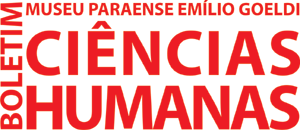By directing our gaze to the 20s and 30s of last century, we can verify the different projects presented by Brazilian intellectuals to the areas of heritage and museums. This assertion can be confirmed through analysis of various projects and draft bills that sought to regulate both. During this period puts into practice the idea of building a state where the elites have a prominent role in the delivery of cultural and political issue. In this context the following institutions are created: the National History Museum (1922), Course of Museums (1932) and National Monuments Inspectorate (1934). Both the course of Museums such as the National Monuments Inspectorate, are considered landmarks. The first in the institutionalization of museology and museum studies in Brazil. The second was a main background of the Department of Historical and Artistic Heritage (SPHAN) Current IPHAN, created in 1937. This article aims to examine and discuss the role played by different actors in the process of formation and configuration of these two areas, museums and heritage, emphasizing aspects of convergence and divergence in their paths.
Museum; Museology; Heritage; Public policies; Cultural policies


